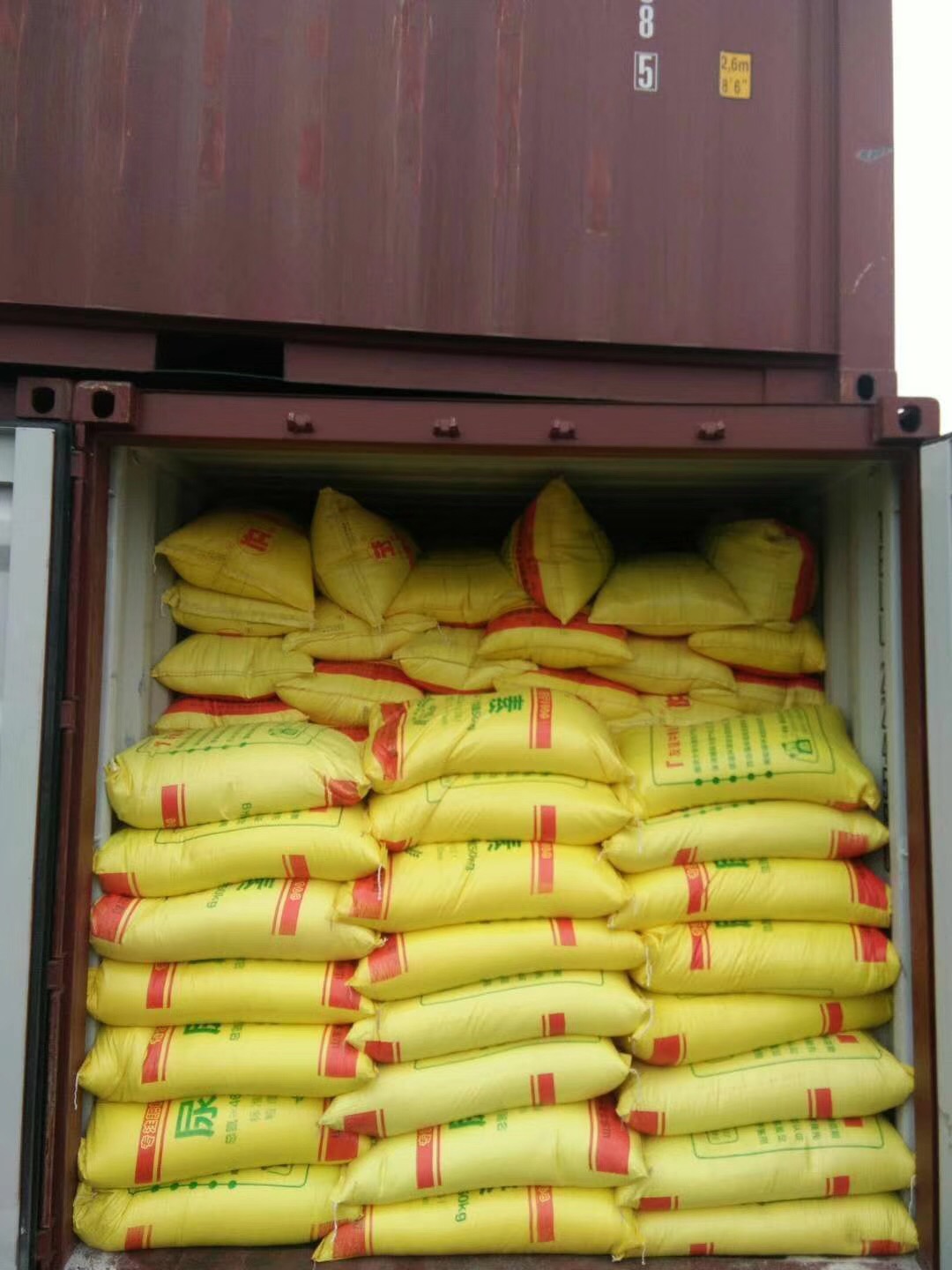
Sep . 13, 2024 01:17 Back to list
best npk granular fertilizer
Understanding the Best NPK Granular Fertilizer for Your Plants
Fertilizers play a crucial role in the growth and health of plants, and among the various types available, NPK granular fertilizers are particularly popular. The term NPK stands for three essential nutrients Nitrogen (N), Phosphorus (P), and Potassium (K). These nutrients are vital for plant growth, and their balanced application can significantly enhance crop yield and quality. In this article, we will explore the benefits of NPK granular fertilizers, how to choose the best one, and their application for optimal plant health.
What is NPK Granular Fertilizer?
NPK granular fertilizer comes in the form of small granules that can be easily spread across the soil. Unlike liquid fertilizers, granular options offer slow and sustained nutrient release, which means plants can absorb the nutrients over time. This slow-release mechanism is particularly beneficial for maintaining soil fertility and preventing nutrient runoff, making it an environmentally friendly choice.
Benefits of NPK Granular Fertilizers
1. Nutrient Balance The combination of nitrogen, phosphorus, and potassium addresses the three primary nutrient needs of plants. Nitrogen promotes vigorous vegetative growth, phosphorus is crucial for root development and flowering, while potassium enhances overall plant health and resistance to diseases.
2. Ease of Use Granular fertilizers are straightforward to apply. They can be scattered on the soil or mixed into the planting medium before sowing seeds or planting. This ease of application makes them suitable for both professional farmers and home gardeners.
3. Controlled Release Most NPK granular fertilizers are designed to provide a controlled release of nutrients. This feature minimizes the risk of nutrient leaching into water bodies and ensures that plants receive nutrients at their own pace.
4. Versatility NPK fertilizers come in various formulations, allowing gardeners to select a blend that best suits the nutrient needs of their particular plants. Whether you’re growing vegetables, flowers, or ornamental plants, there is likely an NPK blend tailored for your needs.
best npk granular fertilizer

Choosing the Best NPK Granular Fertilizer
When selecting an NPK granular fertilizer, consider the following factors
1. Nutrient Ratio Different plants have different nutrient requirements. A balanced formula like 10-10-10 is great for general use, while high-nitrogen formulas (e.g., 20-10-10) are ideal for leafy vegetables, and high-phosphorus mixes (e.g., 5-20-10) are excellent for flowering plants.
2. Soil Test Results Before purchasing any fertilizer, conduct a soil test to determine existing nutrient levels. This will help you avoid over-fertilization and tailor your fertilizer choice to address specific deficiencies.
3. Organic vs. Synthetic Decide whether you prefer organic or synthetic options. Organic NPK fertilizers tend to improve soil health and support sustainable practices, while synthetic fertilizers may deliver quicker results.
4. Application Guidelines Follow the manufacturer’s instructions regarding the correct application rate and timing. Over-fertilizing can harm plants and the environment.
Conclusion
NPK granular fertilizers are an essential component of effective plant nutrition. With their balanced nutrient composition, ease of use, and sustained release properties, they can considerably enhance plant growth and productivity. By understanding your plants' specific needs and selecting the right NPK formulation, you can cultivate a thriving garden or farm that yields impressive results. Whether you are an experienced gardener or a beginner, investing in the best NPK granular fertilizer will prove to be a wise decision for your plant's health.
-
Premium 10 10 10 Fertilizer Organic for Balanced Plant Growth
NewsJul.29,2025
-
50 Pound Bags of 13-13-13 Fertilizer for All Plants – Bulk & Organic Options
NewsJul.28,2025
-
High-Efficiency 15-30-15 Granular Fertilizer for Healthy Crops
NewsJul.28,2025
-
15-30-15 Granular Fertilizer for Optimal Crop & Lawn Growth
NewsJul.27,2025
-
Premium 10 10 10 Water Soluble Fertilizer for Fast Plant Growth
NewsJul.26,2025
-
Premium 10 10 10 Fertilizer Organic for Plants & Lawns
NewsJul.25,2025
